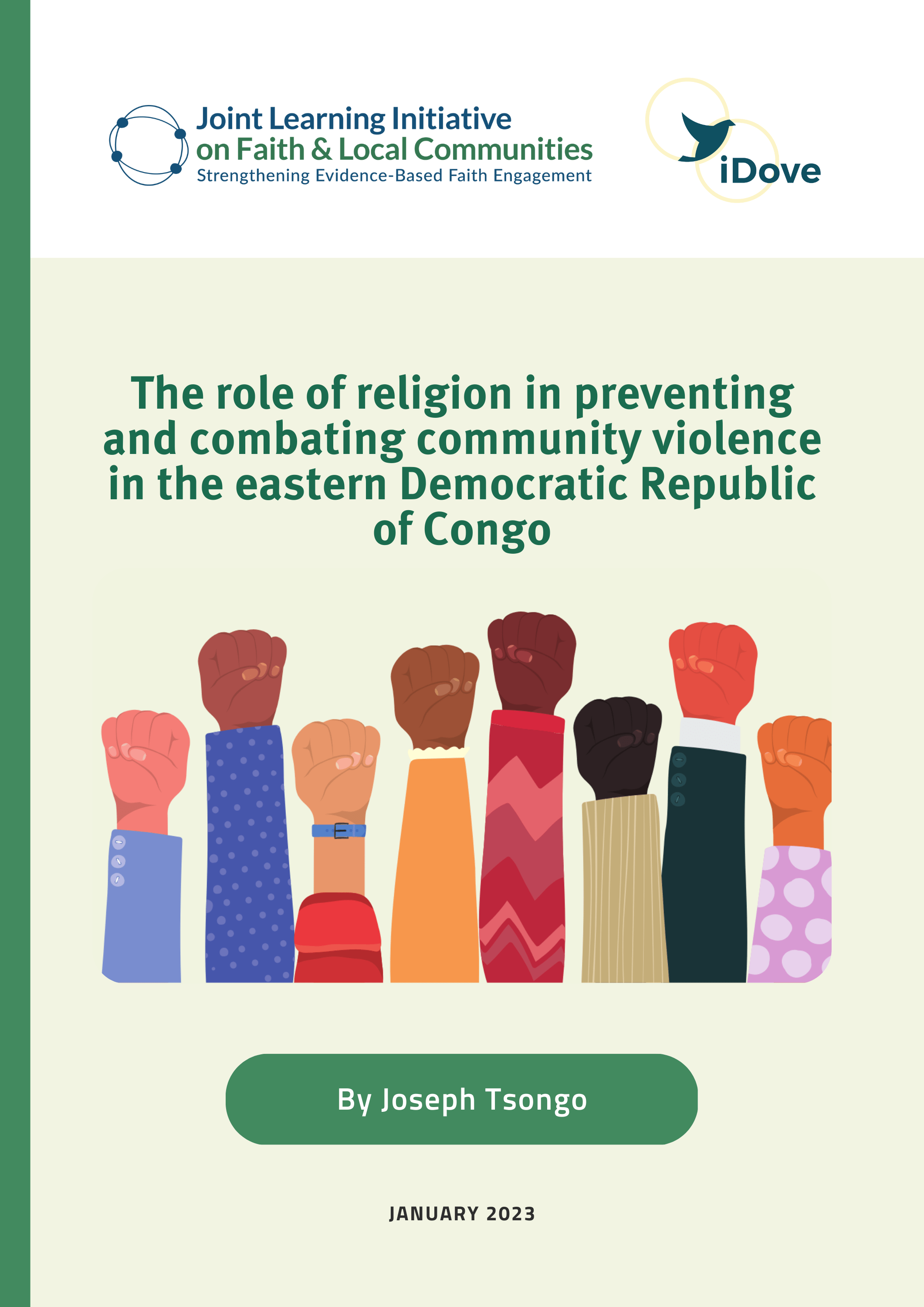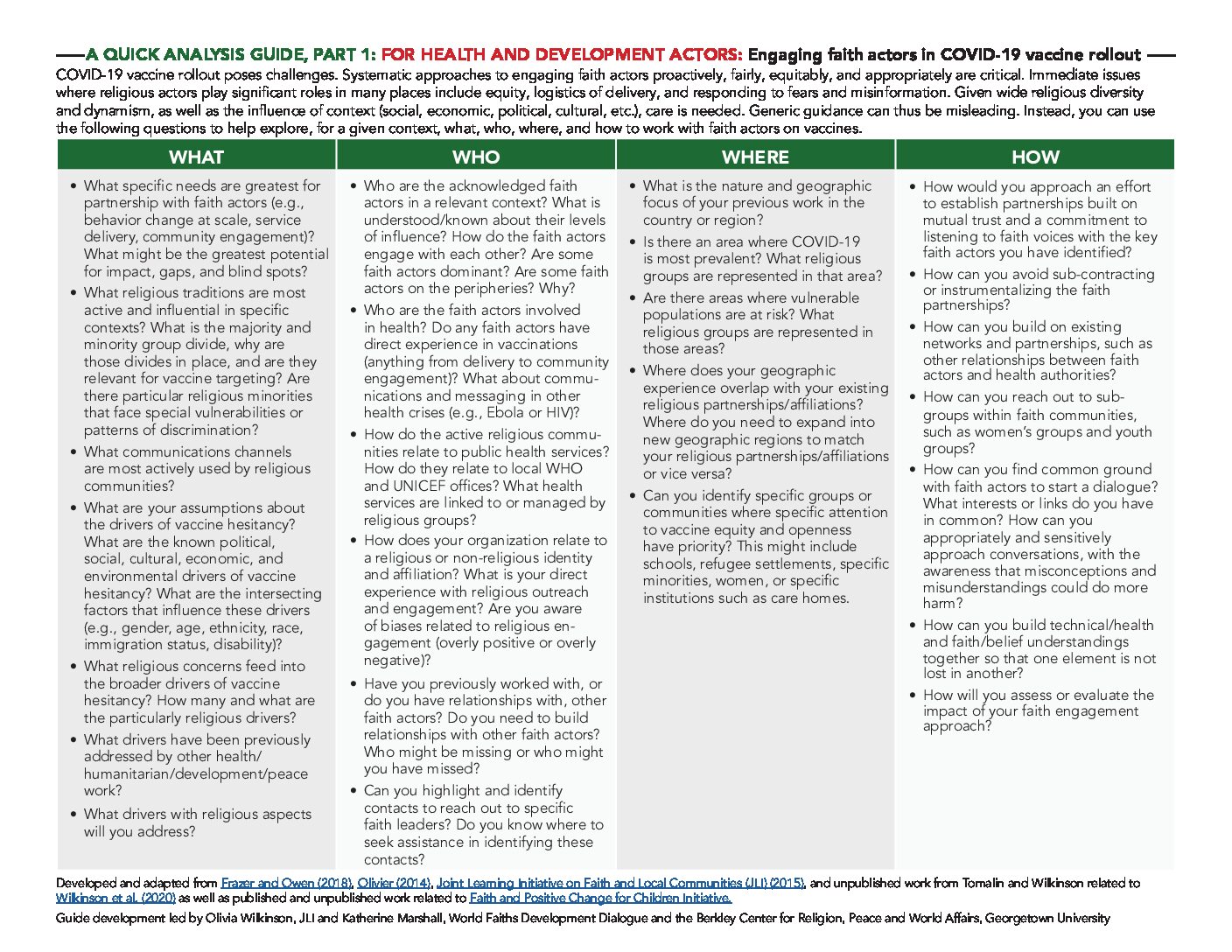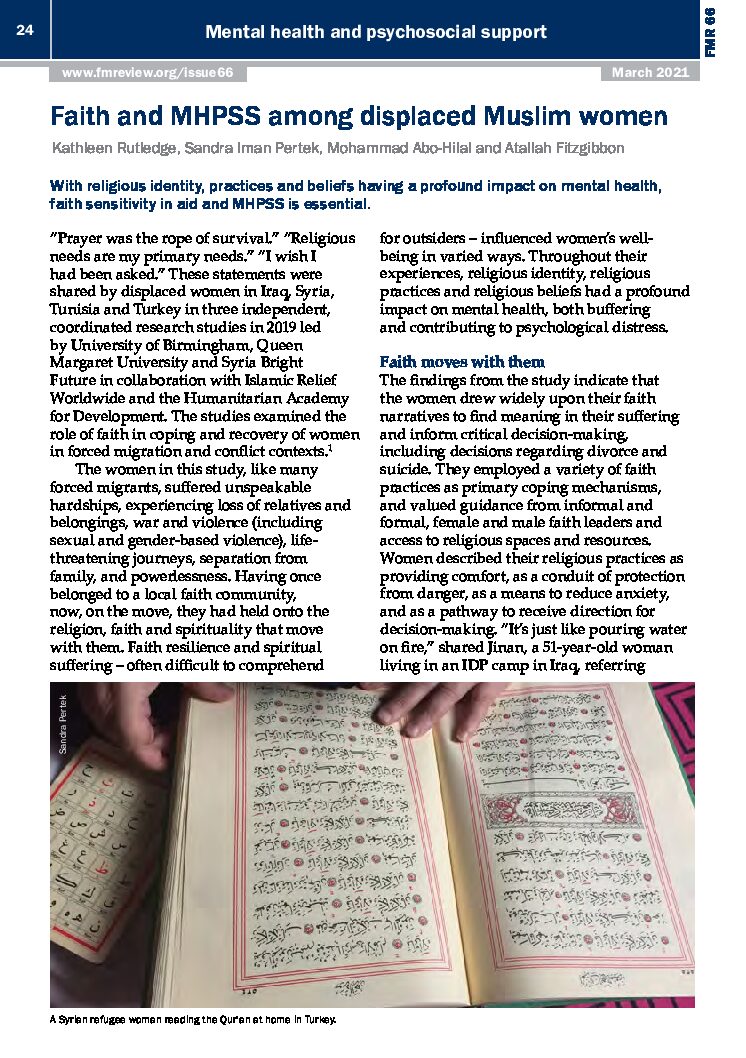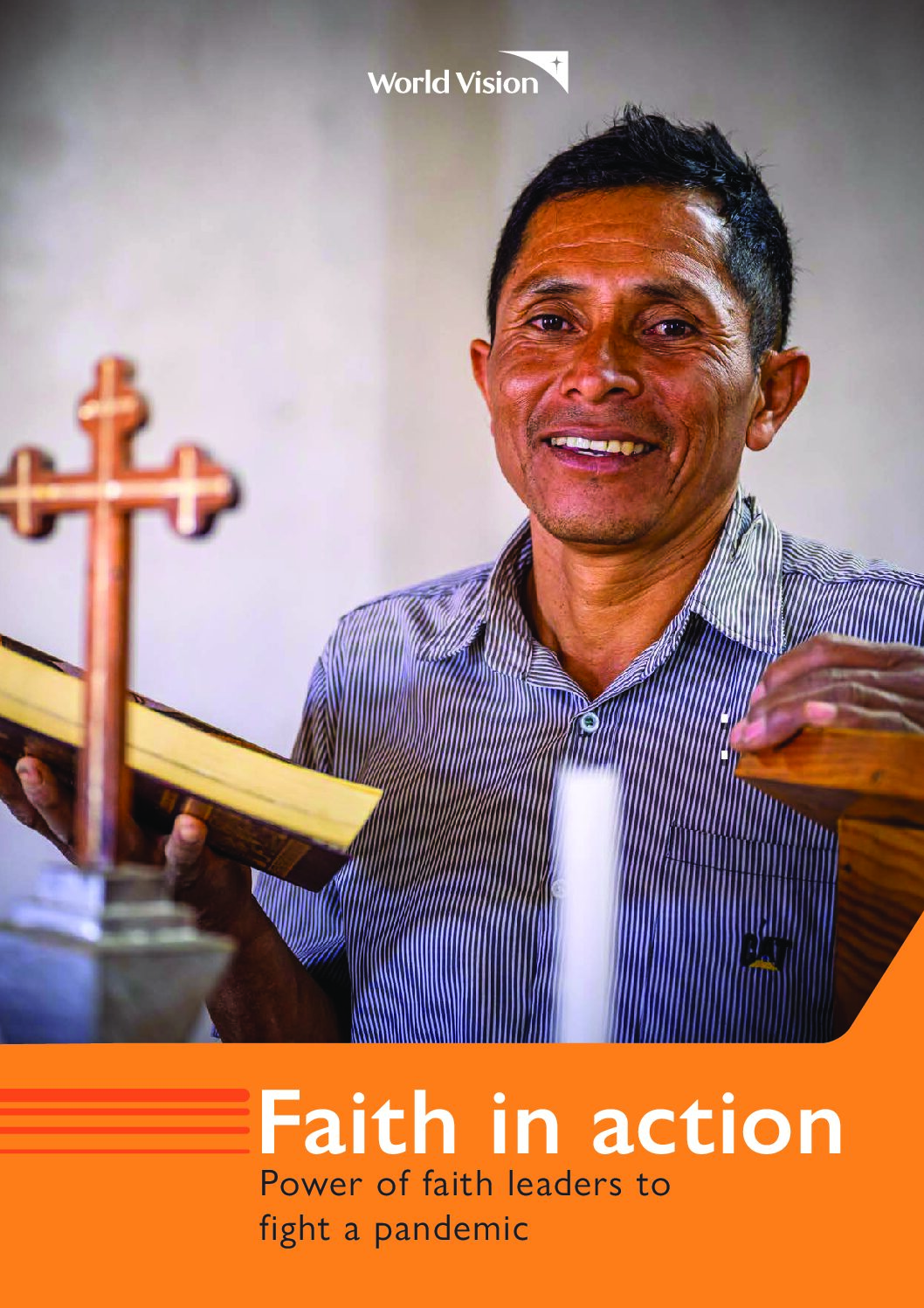About this research project
The role of religion in preventing and combating community violence in the eastern Democratic Republic of Congo
The eastern part of the Democratic Republic of Congo has been plunged into a deep and multifaceted crisis for several decades. This is characterized in particular by violent conflicts between the local communities (generally ethnic) which accuse each other and end up killing each other. However, almost all Congolese belong to a church without being truly religious or actively participating in activities. Only 1% of the population declares itself atheist. It seems that everyone believes in a certain divine providence and this includes a prominent place for religions in influencing the behavior of their followers, yet community violence continues to increase.
Religion, since time immemorial, has occupied a prominent place in our societies. As a social and cultural practice, religion refers to rites, cults, and history. These various practices permeate morality, political institutions and the rules of law as well as the gestures and habits of daily life (calendars, festivals, initiations, ceremonies etc.).
In my question I would like to know how this resource could influence the active non-violence between local communities and promote the social justice, especially here in eastern DR Congo.
“I believe I have learned so many things since the beginning of this project that I myself am performing in a particularly difficult context (war zone) due to threats hanging over me, in particular because of my social activism. In short, I discovered a great capacity for resilience in myself and this helped to face an extremely difficult situation!“
– Joseph Tsongo, Researcher
Read the full paper below





